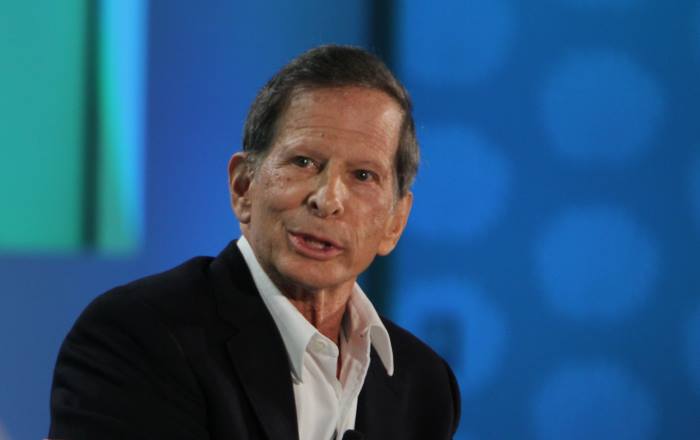Finding the right people and enabling them to do the right thing is a key ingredient for success in a health care environment where the rules are changing so quickly, said Richard Merkin, MD, at the Health Evolution Summit discussion “Provider Connect: Future Bets in Taking Risk.” Merkin is in a position to know, as founder, president and CEO of Heritage Provider Network, Northridge, Calif., an independent practice association that contracts with multiple insurance plans and serves more than 800,000 enrollees.
“We’ve always tried to bring on team-based individuals, smart people with grit,” said Merkin. “They don’t have to have the highest SAT scores or the best resume.” He recalled taking over a medical group that had filed for bankruptcy and asking its management team what its most important function was.
“They said, ‘Well, we strategize.’ And I said, ‘Sports teams have strategy but they recruit, they train, and they scout. You guys should be scouting for talent every single day. Scouting’s like shaving, if you don’t do it every day, it shows.’ You have to constantly be looking for talent.”
Merkin described several instances of outside-the-box thinking that have helped him find the talent he needed when he needed it, which was especially challenging when, in 1979 at the request of a payer, his medical practice was about to take on financial risk in caring for patients.
“We had to pay hospitals, and we were in rural areas,” he said. “There was nobody experienced in paying hospital claims.” Rather than focusing on the function, he and his team analyzed what skills would be needed to do the job, and realized that they were the same skills needed to solve puzzles. “So we put ads in cryptogram magazines, chess magazines, backgammon magazines, that said, ‘Do you like puzzles? Maybe you can learn how to do hospital claims!’” he said. “And some of those people have been with us for 30 years.”
Sometimes, Merkin has sought out expertise in unconventional places. “We had a legal question years ago, and we could not afford [top law firm] McDermott, Will & Emery” to devote the time to answering it, he said, so he contacted Harvard, the University of Pennsylvania, the University of Chicago, and UCLA, and presented the question as a second-year law school project. For $900, the organization bought multiple answers to its question, and Merkin said their quality impressed even the attorneys at McDermott, Will & Emery.
Merkin said Heritage has eliminated a lot of waste by making each of its departments a customer of the others, so that they understand how their activities interact, and by empowering every person in the organization to solve a problem if they can, regardless of its origin. “We took some guidance from Neiman-Marcus,” which has a policy that employees can address customers’ needs even if it’s “not their department.”
Pizza has proven its value as a management tool. Heritage has a “3-3-3 program”: Any three people, in any department or across departments, can identify a problem, and they receive $3,000 and three weeks to work together to find a solution. Merkin estimated that one project in 20 yields an actionable solution: the other 95% fail “and we have a pizza party.”
Pizza has also served as a useful gauge for organizing teams. “We think small teams do better than large teams,” Merkin said. “We call them ’two-pizza teams.’ We don’t want any team larger than can be fed by two pizzas.”










